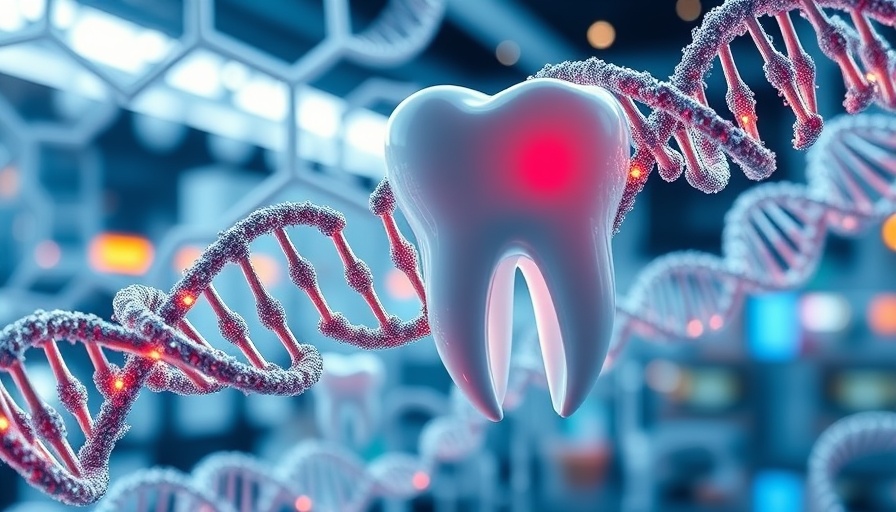
Understanding Gut Microbiota Dysbiosis and Its Impact on Brain Health
The intricate relationship between gut microbiota and brain health is a rapidly evolving field of study, particularly regarding its role in drug-induced brain injury. Dysbiosis, or the imbalance of gut microbial communities, is increasingly acknowledged as a significant factor contributing to various neurological conditions. This disruption can exacerbate inflammatory responses and lead to cascading effects on cellular health, particularly in the brain, where the intersection of microbiota, metabolism, and neuroinflammation becomes evident.
Mechanisms of Drug-Induced Brain Injury: How Gut Health Influences Recovery
Current research highlights various mechanisms through which gut microbiota dysbiosis influences drug-induced brain injury. These include alterations in the gut-brain axis, enhanced neuroinflammation, and compromised mitochondrial function. As drugs can modify microbial compositions, understanding these changes can lead to innovative therapeutic strategies. Notably, the modulation of gut microbiota presents a compelling avenue for enhancing interventions aimed at cellular rejuvenation and recovery following brain injuries.
The Therapeutic Implications of Addressing Gut Dysbiosis
Therapeutically, restoring gut microbiota balance could hold the key to enhancing cellular repair mechanisms post-drug-induced injury. Approaches such as probiotics, prebiotics, and dietary interventions are currently being considered for their potential to mitigate the effects of dysbiosis. Moreover, the role of autophagy in cellular health, particularly as it interrelates with gut microbiota, emphasizes the importance of these microbial communities in promoting cellular repair and rejuvenation.
Future Directions in Regenerative Medicine: Targeting Gut Health for Brain Recovery
As research progresses, the implications for regenerative medicine become more pronounced. Discussions are now focusing on integrating gut microbiota management into standard treatment protocols for brain injuries, especially as we seek to harness cellular rejuvenation technologies, such as stem cell therapy. These innovations could usher in a new era where the gut-brain connection plays a crucial role in strategies aimed at senescence reversal and enhancing overall health.
Challenging Common Misconceptions: Debunking Myths About Gut Health and Brain Injury
Despite growing evidence, misconceptions surrounding the role of gut health in brain injury treatment abound. Many still view brain recovery as isolated from broader biological systems. In contrast, understanding the gut's influence opens up avenues for comprehensive strategies that integrate nutrition, cellular health, and microbiota management. Emphasizing holistic approaches will be essential for future research in regenerative medicine and anti-aging solutions.
Actionable Insights for Enhancing Cellular Health
For health-conscious individuals, recognizing the importance of gut microbiota in overall health can lead to actionable lifestyle changes. Incorporating NAD+ boosters, prebiotics, and foods rich in polyphenols can support gut health and cellular repair processes. Additionally, maintaining mitochondrial function through exercise and quality sleep is vital in harnessing cellular rejuvenation strategies.
In conclusion, as we continue to unravel the complexities of gut microbiota dysbiosis and its implications for drug-induced brain injuries, the potential for integrating this knowledge into effective therapeutic practices becomes increasingly clear. By focusing on gut health, we may not only enhance recovery processes but also improve long-term cellular vitality, underscoring the interconnectedness of bodily systems. To learn more about maximizing your cellular health and vitality, consider incorporating practices that bolster gut health today.
 Add Row
Add Row  Add
Add 




Write A Comment